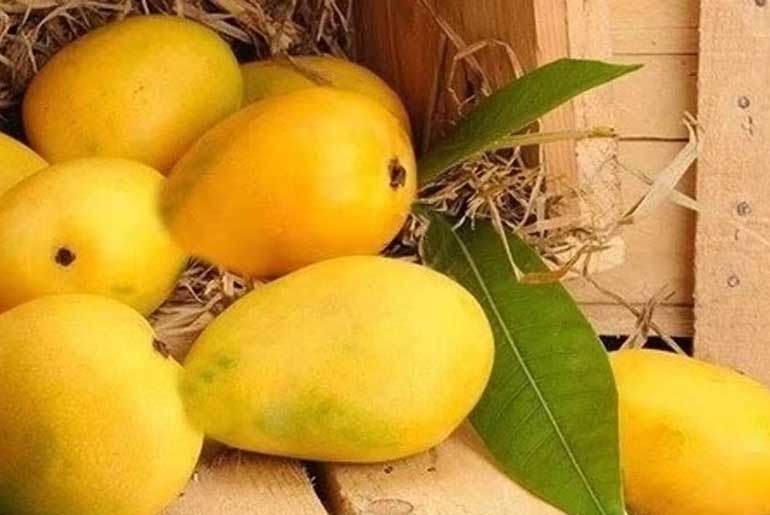The Food Safety and Standards Authority of India (FSSAI) has issued a strong warning to traders and food business operators (FBOs) regarding the use of calcium carbide for fruit ripening, particularly mangoes, due to its severe health risks. Calcium carbide, commonly used to accelerate fruit ripening by releasing acetylene gas upon contact with moisture, contains harmful impurities like arsenic and phosphorus, posing significant health hazards to consumers and handlers.
Health Risks:
- Gastrointestinal Issues: Residues of arsenic and phosphorus hydrides from calcium carbide can lead to abdominal pain, nausea, vomiting, and diarrhea.
- Neurological Effects: Arsenic exposure can cause headaches, dizziness, and in severe cases, neurological disorders, and cognitive impairments.
- Respiratory Problems: Inhaling acetylene gas can result in throat irritation, coughing, and shortness of breath, potentially leading to serious respiratory conditions.
- Skin Irritation: Direct contact with calcium carbide residues can cause skin irritation, rashes, and allergic reactions.
Long-term Health Implications of Calcium Carbide:
Prolonged consumption of fruits ripened with calcium carbide increases the risk of chronic health conditions such as cancer and skin lesions due to persistent exposure to arsenic and phosphorus residues.
Regulatory Measures to Curb Calcium Carbide:
FSSAI has strictly prohibited the use of calcium carbide for fruit ripening under the Food Safety and Standards (Prohibition and Restrictions on Sales) Regulations, 2011. Compliance with this regulation is mandated, and state and UT food safety departments are urged to enforce the ban vigorously.
Safer Alternatives to Calcium Carbide:
Ethylene gas and Ethephon are safer alternatives approved by the Central Insecticides Board and Registration Committee (CIB & RC) for fruit ripening. Ethylene gas, a naturally occurring hormone, triggers the natural ripening process without the harmful effects of calcium carbide. Ethephon, which breaks down into ethylene gas, promotes uniform ripening while preserving nutritional value and flavor.
Consumer Awareness:
Consumers are advised to identify naturally ripened fruits, as those ripened with calcium carbide may exhibit an unnatural uniform yellow color and lack typical fruit scent. Thoroughly washing fruits and soaking mangoes in water before consumption can help reduce chemical residues.
The use of calcium carbide for fruit ripening poses significant health risks, emphasizing the importance of FSSAI’s prohibition and the promotion of safer alternatives. Consumers must remain vigilant and opt for naturally ripened fruits to enjoy their full flavor and nutritional benefits without the health hazards associated with chemical ripening agents.
Disclaimer:
The information contained in this article is for educational and informational purposes only and is not intended as a health advice. We would ask you to consult a qualified professional or medical expert to gain additional knowledge before you choose to consume any product or perform any exercise.






